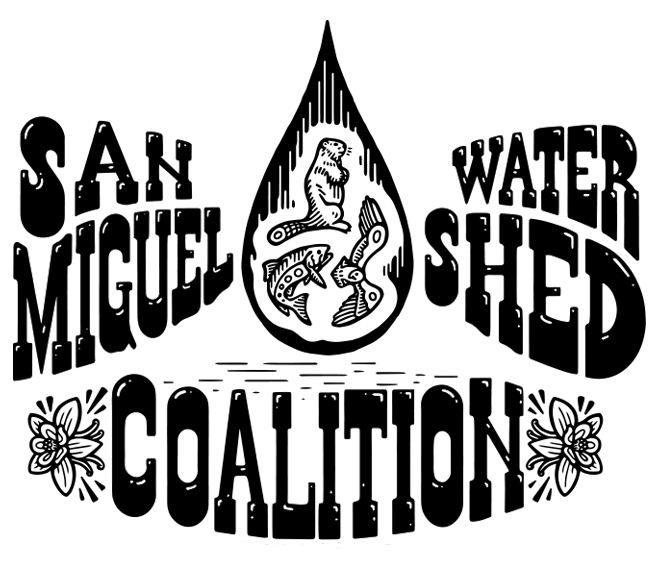Join the San Miguel Watershed Coalition for an introduction and overview of their recently developed, physically-based integrated hydraulic-hydrologic model of the San Miguel Basin. This model, based on DHI’s MIKESHE hydrologic code, uses distributed hourly weather data to drive runoff, infiltration, snow storage/melt, actual evapotranspiration, and fully dynamic sub-daily flows between surface waters and a complex 3-dimensional groundwater flow system for the past 20 years. Though current state modeling tools in the basin have been developed, they focus on surface water conveyance and water right diversions, but don’t consider the full hydrologic system, including complex seasonal subsurface flows/storage (baseflow) dynamics. Low late water year flows are dominated by groundwater baseflow dyanmics, and subject to changing climate. Understanding how these low seasonal baseflows, runoff, groundwater recharge and consumptive loss (AET) are all affected by changing climate conditions is crucial for managing the sensitive balance between future water supply, landuse, and ecosystem health. Integrated codes like MIKESHE are a valuable addition to the state planning tools in managing/evaluating water resources within the San Miguel Basin.
The San Miguel Watershed Coalition is taking a novel approach using MIKESHE software to build a cutting-edge, science-based tool to inform future watershed management. Join the Coalition's modeling team for a high-level overview of:
MIKESHE code overview
San Miguel Watershed model overview
Data sources
Integrated handling of groundwater, surface water irrigation, climate, land use
Calibration challenges
Climate scenario development
Potential future uses
